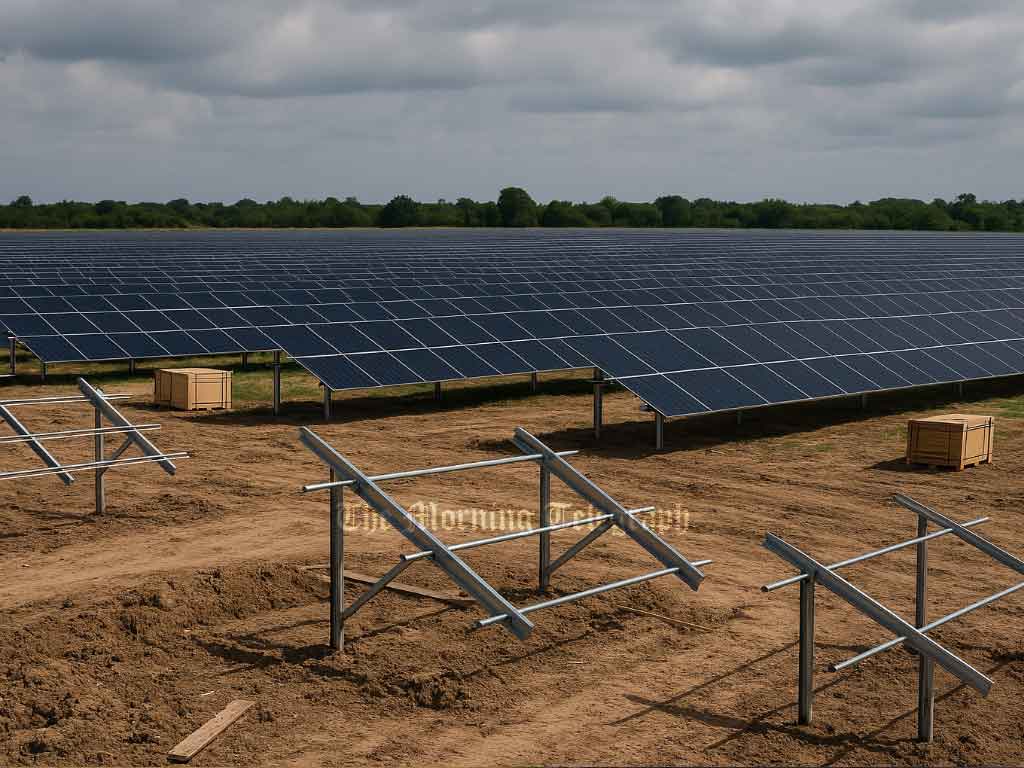
Colombo, Sri Lanka – The proposed new tariff system for renewable energy has put between 150 to 200 solar power projects in jeopardy, potentially inflicting an annual loss of Rs. 13 billion on the Ceylon Electricity Board (CEB), according to Thusitha Peiris, Chairman of the Renewable Energy Developers Association.
Speaking at a media briefing, Peiris warned that the shift in tariffs could stall the country’s renewable energy momentum. “If these projects are not continued, the CEB will face a major financial setback,” he said.
The impact stretches beyond utility-scale solar. Rooftop solar initiatives—though not under the association’s umbrella—are facing their own crisis. Peiris explained that nearly 1,000 companies involved in rooftop solar have already imported equipment worth over Rs. 2 billion in anticipation of project rollouts. Now, many of them face financial ruin.
“There are about 10,000 rooftop projects currently underway. If the tariff system is implemented as proposed, these companies will either incur severe losses or be forced to shut down, laying off thousands of employees,” Peiris said.
He emphasized that ground-mounted solar plants, which generate 1 to 10 megawatts, are vital investment opportunities. However, financing under the proposed terms makes these ventures nearly impossible.
“Ordinary citizens cannot get 7-year loans at 9 percent interest. Yet the model assumes 10-year loans at 9.9 percent interest,” he noted. “If the rate rises just 2 percent, the projects become unviable.”
Peiris also criticized the tariff committee’s logic of aligning project feasibility with 10-year treasury bill rates. “What investor will put money into a project under those conditions?” he questioned.
The renewable energy sector now awaits clarity and policy reconsideration, hoping for solutions that protect both economic viability and environmental progress.




